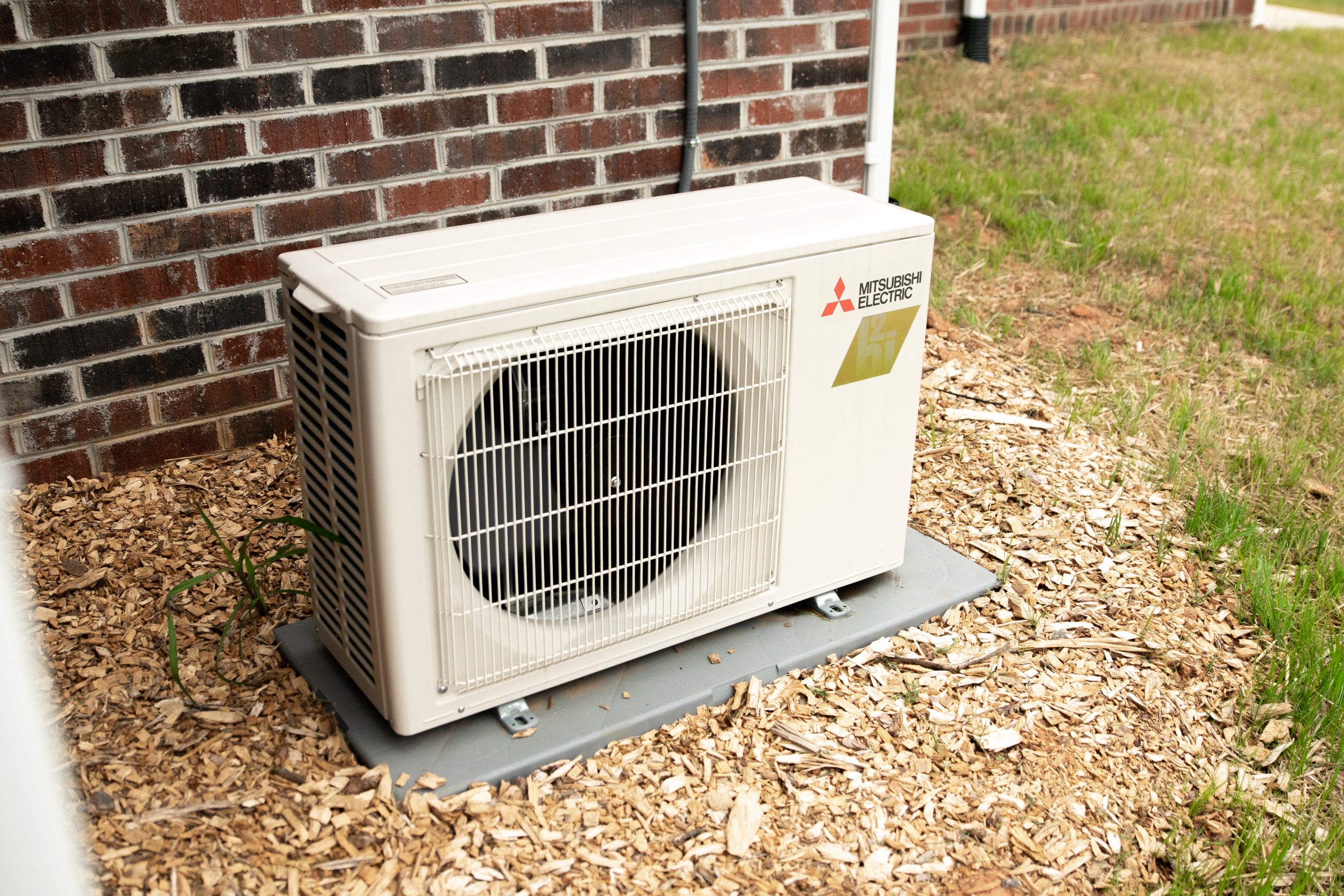The Best Advantages Of Heat Pumps
A heat pump is a device that transfers heat. The process takes place between two different phases of matter, which are the liquid and solid states. In order to achieve this transfer, a heat pump uses a refrigerant fluid. Liquid nitrogen is used as the refrigerant in air conditioners, while ammonia is used as the refrigerant in heat pumps.
The refrigerant fluid absorbs heat from one phase and releases it into another phase. This is achieved by passing the liquid through the coils in an evaporator or by circulating the gas through a series of tubes in the condenser.
During this process, heat is transferred from the liquid to the gas. As the refrigerant fluid changes its state from liquid to gas, it removes heat from the environment. When it reaches the other end of the system, the heat is absorbed again and added to the building.
Want to know more about soojuspumbad (heat pumps) but are thinking about getting one? That is why we are here. Here are a few of the major advantages of heat pumps and the reasons you should think about having Southern Air install one in your house.
As you can see, this process makes for a very efficient way of heating and cooling your home. It has many advantages over conventional methods of heating and cooling. Here are some of the more significant ones:

1) No Electricity Required
Unlike electrical heating systems, heat pumps do not require electricity to operate and they don’t produce any harmful emissions either. They also provide a lower operating cost than electrical heating units because they use less energy to function.
2) Versatile
A heat pump can be installed in virtually any type of space. They can fit in almost any opening, whether it’s under a roof or inside a wall. They’re also suitable for both indoor and outdoor applications.
3) Quiet
Because heat pumps work on the principle of transferring heat instead of moving air around, they tend to be much quieter than conventional heating methods. There won’t be any fan noise or vibration to disturb your peace of mind.
4) Efficient
Because heat pumps rely on the phase change of refrigerants, they can be extremely effective at removing heat.
5) Environmental
Because they make no use of electricity, heat pumps have fewer environmental problems associated with them than other forms of heating and cooling.
6) Energy-Efficient
Heat pumps use up to 90% less energy compared to conventional heating methods.
7) Durable
Due to their durability, you can count on heat pumps to last for years without having to replace them.
8) Affordable
Many people consider their annual heating and cooling costs to be too high. With the right heat pumps, you can reduce these costs by as much as 50%. You’ll also save money on repairs and maintenance because heat pumps are easier to maintain than conventional methods.
9) Easy to Install
Heat pumps are easy to install and you can get them from most manufacturers. Depending on how long your project will take, you might even find that professional installation services are available.
10) Easy to Use
Heat pumps are easy to use. While there are a few things you need to learn about how to operate them properly, you can figure out the rest pretty quickly. Once you’ve got the hang of it, you should find heat pumps to be very convenient to use.
There are several types of heat pumps. These include:
- Centrifugal.
- Evaporative.
- Freon.
- Gas.
- Ground Source.
- Immersion.
- Solar.
- Thermoelectric.
Centrifugal and evaporation are considered to be the oldest types of heat pumps. They were developed during World War II when scientists needed to keep warm during the cold winter months. Although they aren’t as environmentally friendly as newer models, they still offer a lot of benefits. If you want something simple and cheap, they’re probably what you’ll choose.

Freons are one of the more popular types of heat pumps today. Originally developed during World War I, they are still widely used in Europe.
Ground source heat pumps are similar to centrifugal and evaporation heat pumps but they use underground water reservoirs instead of outside air. They’re usually found in areas where ground temperatures are low so they’re often used in northern regions.
Immersion heat pumps use water to absorb heat. They’re typically only found in places where there isn’t enough sunlight.
Thermoelectric heat pumps use electricity to transfer heat. They’re typically only found in large commercial buildings because smaller systems would be impractical.
Solar heat pumps combine solar panels with heat pumps. They’re primarily used to heat homes in areas with limited sun exposure.
Although all of these heat pump types offer excellent performance, they differ in terms of cost, comfort, and efficiency. Some are quite expensive while others are incredibly inefficient. If you’re looking for a heat pump that offers good value for your dollar, you should check out the solar heat pumps. Since they’re based on solar power, they’re free of charge.
If you’re interested in learning more about heat pumps, read our article entitled “How Heat Pumps Work.” It will help you understand how heat pumps work as well as the various types of heat pumps that are currently available.

